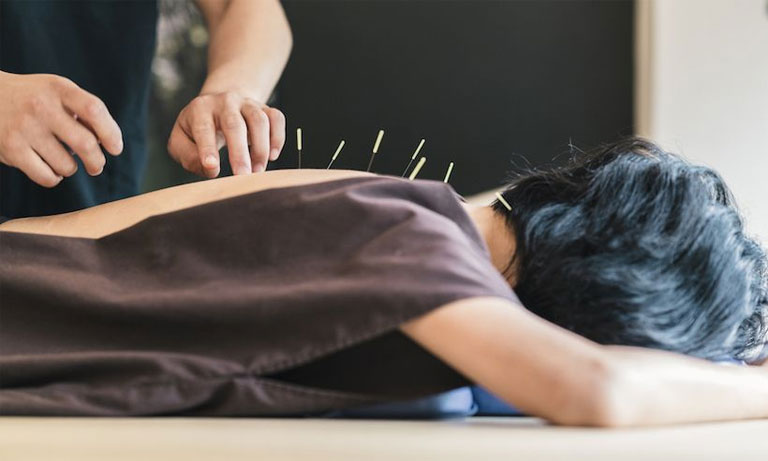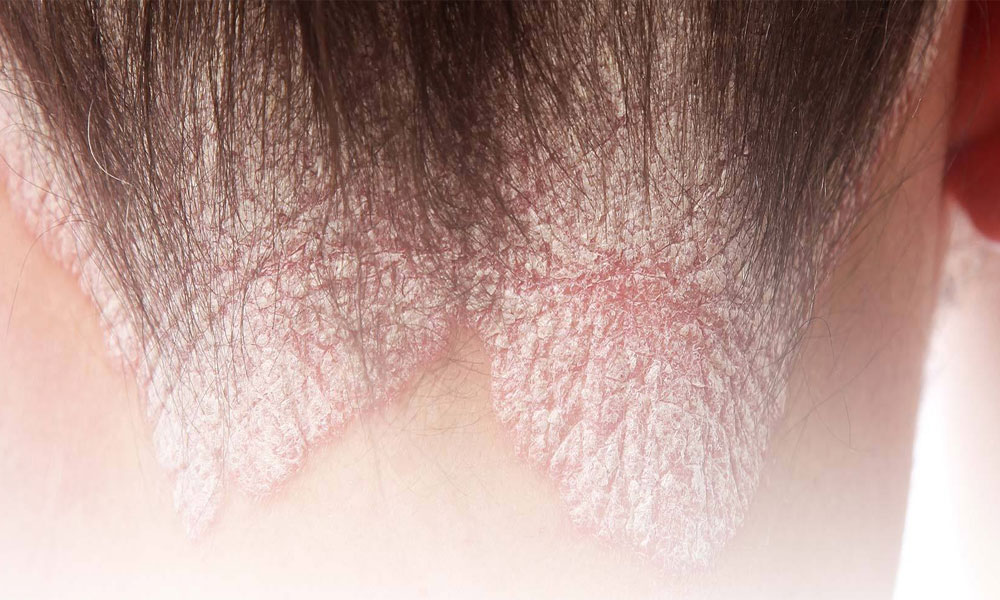Lupus is a disease that can affect anyone at any age. It is most often diagnosed in young women. Although the exact cause is still unknown the eternal factors due to which lupus triggers are many. Lupus is an autoimmune disease that happens when the immune system attacks healthy cells of the body by mistake, and this mistake can potentially damage many parts of the body. The cure for lupus is still ambiguous, though effective treatments are available.
Most of the time Lupus remains misdiagnosed because its signs and symptoms often mimic those of other ailments. The most peculiar sign of lupus is a facial rash that resembles the wings of a butterfly across both cheeks.
Causes
Some people are born with a tendency toward developing lupus, which gets triggered by certain external factors. People with an inherited vulnerability to lupus may develop the disease when they happen to come in the environment that can trigger lupus. The cause of lupus in most cases, however, is unknown. Some potential triggers are:
- Sunlight. Exposure to the sun may trigger an internal response in susceptible people.
- Infections. Having an a prolonged and chronic infection can initiate lupus.
- MedicationLupus can be triggered by certain types of blood pressure, heart problems, and other antibiotics.
Symptoms
- Fatigue
The fatigue of lupus can be caused by many factors that include anxiety disorders, sleep disturbances, vitamin D deficiency etc.

- Malar Rash
Many people with lupus experience a characteristic red colored rash across the cheeks and bridge of the nose in the shape of butterfly wings. These rashes last for several days and can be itchy and scaly at times. Rashes may also occur in the different parts of the body.

- Joint Pain and Swelling
A study has shown that Up to 90 percent of people having lupus tend to have arthritis. The most common symptoms of arthritis are stiffness and aching of joints.

Natural treatment for lupus
- Anti-inflammatory diet
Following a healthy, unprocessed diet plays a crucial role in managing lupus because it helps control inflammation stemming from poor gut health, reduces the risk for complicates health issues.

- Exercise
In general, it lowers stress, improves sleep quality, helps the heart and lung get strengthened.

- Stress reduction
Effects of stress relievers may vary from person to person. Meditation, yoga, and acupuncture can be considered as best treatment modes for many people, as they have numerous benefits for both body and mind.

- Getting sufficient sleep
Fatigue is a considerable hindrance for many people with lupus, take measures to make sure you’re getting enough quality sleep every night and taking rest during the day is important.





